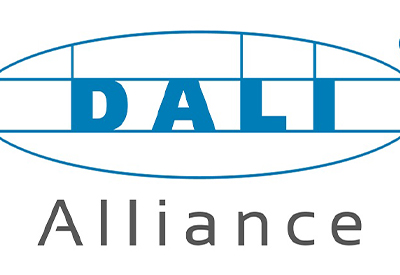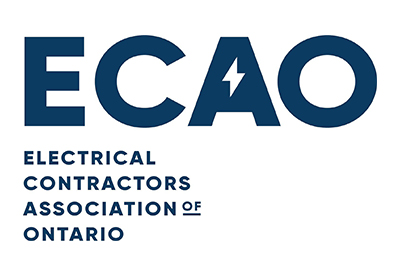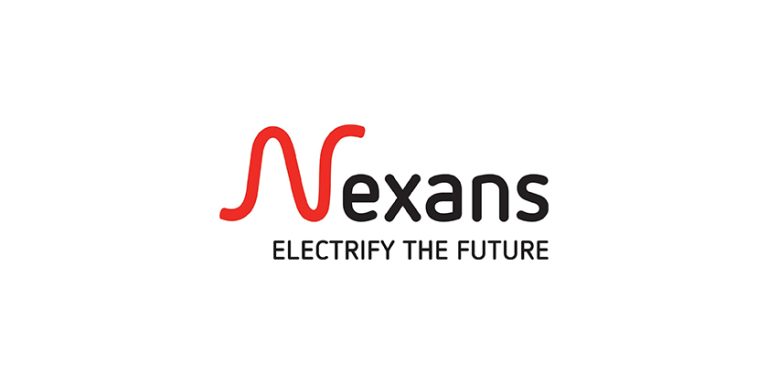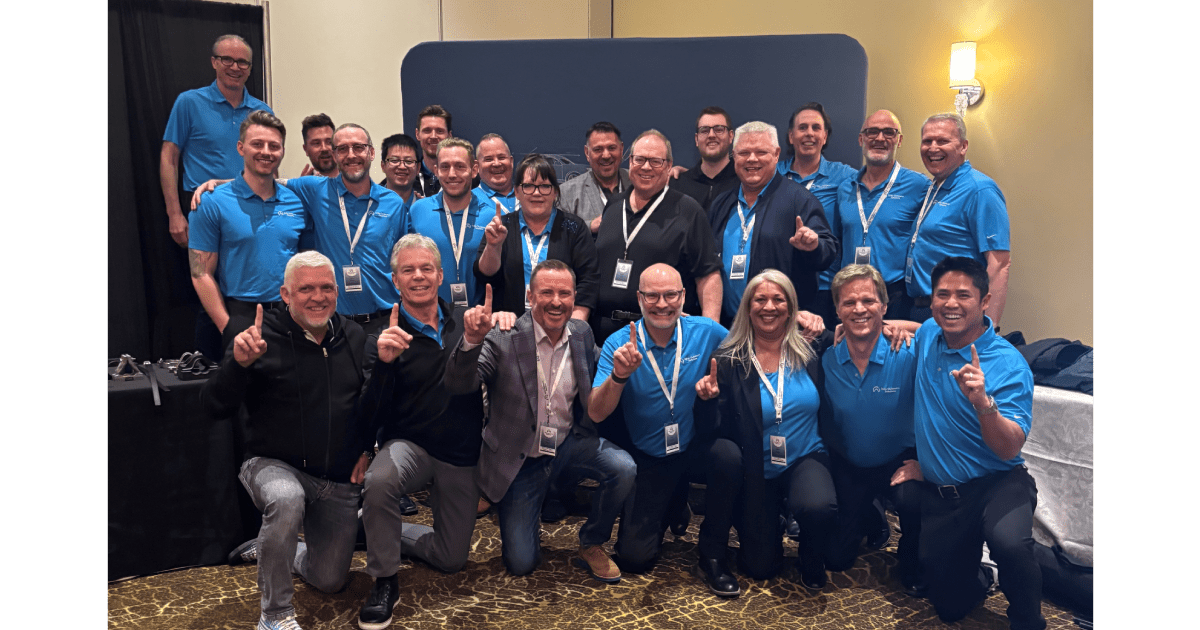LeGrand Plans for the IoT Revolution with the Launch of “Eliot”
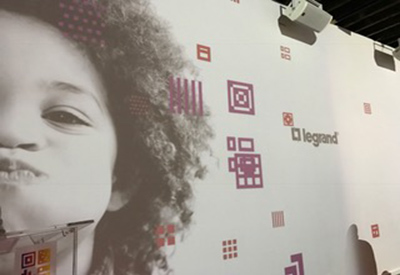
December 9, 2016
By 2020, there is projected to be 50 billion connected devices worldwide, meaning that each person is likely to have up to 4 connected devices at any given time (Cisco, 2016). It’s a staggering trend that is showing no signs of slowing down, as the Internet of Things continues to infiltrate every sector of our economy.
Responding to this technological shift, Legrand has introduced “Eliot,” a program dedicated to streamlining the connection of all devices. Eliot is committed to transforming the spaces where people live and work through the delivery of power, light and data.
Last month Legrand hosted a launch event in New York, NY for media partners and industry members, to formally introduce this program to North America. Eliot — a combination of the word Electricity and Internet of Things — represents a formal global program that aims to encapsulate Legrand’s expertise in digital infrastructure and its desire to master scalability and security concerns as well as network solutions associated with IoT.
Since the IoT is becoming unavoidable, Legrand intends, with Eliot, to accelerate the development of their connected range. Mobilizing the entire [Legrand] Group, the Eliot program aims to instill a communication dynamic into Legrand products wherever the IoT can give an added benefit to the user. Eliot also supports the development of suitable digital infrastructures within buildings.
Eliot is derived from three basic principles:
1. Enhancing product value — retrofitting existing technologies and connecting them to home and office spaces through the use of hubs, wired and wireless technologies
2. Ensuring products are easy to use and simple to install — thinking about the contractor and consumer first
3. Respecting the user – making sure the user experience is not only aesthetically pleasing, but seamless, delivering the results as advertised
EIN had an opportunity to speak with Brian Dibella, President, Electrical Division, Legrand at the event, and we asked what readers can expect from this program.
“As technology, especially IoT technology, advances, we have to ensure we are bringing people along for the ride,” Mr. Dibella responded.
Through Eliot, Legrand will have the global capacity to mobilize these efforts through a series of transition phases. Beginning with mobile networks, such as AmazonAlexa, in order to connect devices that were previously inoperable, Legrand hopes to establish native connections where our spaces and things are living, adapting, and reacting to our behaviours — autonomously.
As Mr. Dibella put it: “We want people to be able to walk into their homes and offices and just talk to the walls.”
Say goodbye to smart technologies, and hello to autonomous devices
We are all familiar with the notion of smart technology. However, autonomous technology seems to be the new goal driving companies such as Legrand as they strive to create a built environment in which devices not only speak to each other, but interact with user behaviours. A world in which our things pre-emptively determine alarm times based on real-time traffic and weather or adjust lighting based on time of day, without the user having to input anything.
Legrand discussed the challenges that come with taking on an endeavour such as Eliot, but will look to its established networks as a solid foundation to offset any potential issues. It will leverage existing technology, and retrofit where possible and will work with strategic partners such as Cisco, Samsung, and Amazon to enhance their products and ensure a seamless experience for the user.
Legrand’s strength in this capacity is its commitment to the user experience and its existing digital infrastructure. Although IoT has been noted as a disruptive trend, Legrand is doing everything they can to make the transition for their customers as seamless as possible.



